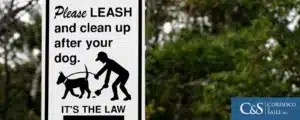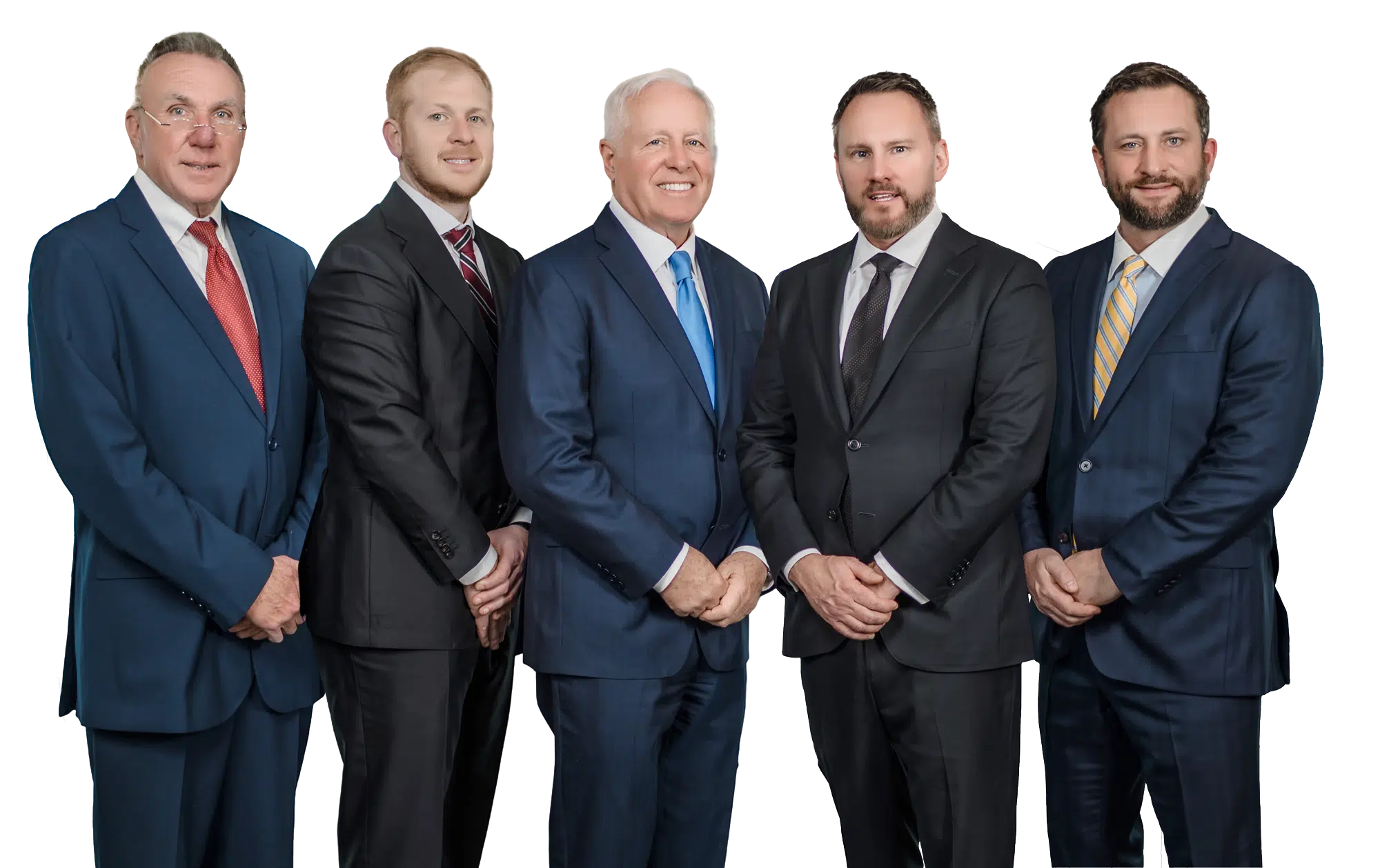Navigate This Page
- Who Does Pennsylvania Law Consider Invitees?
- What Duty Do Owners Have to Invitees?
- Who Does the Law Consider a Licensee?
- What Duty Do Owners Have to Licensees?
- Who Is a Trespasser Under Pennsylvania Law?
- What Duty Do Owners Have to Trespassers?
- What Is My First Step to Recover for My Injuries on Another’s Premises?
Generally, when you are injured on another individual’s or a business’s property due to the owner’s negligence, you have a right to hold the owner liable for damages by filing a claim or lawsuit. However, your relationship to the owner is a key factor in a premises liability case. Pennsylvania law categorizes people who enter others’ premises into one of three categories: trespassers, licensees, and invitees.
The owner’s duty of care to you and your rights to pursue damages depend heavily on which of these three designations you receive.
Below, we discuss how your classification as a trespasser, licensee, or invitee affects your premises liability case in Pennsylvania. For case-specific questions or for help collecting compensation for injuries, call a personal injury lawyer at Cordisco & Saile for free consultation: 215-642-2335.
Who Does Pennsylvania Law Consider Invitees?
An invitee is someone who enters public or private property for the financial benefit of the property owner. If you were on the property to conduct directly or indirectly business, shop, or for other purposes that potentially result in financial advantage for the owner, the law considers you an invitee.
Examples of invitees include:
- Shoppers at a store
- Patrons at a place of business
- People hired to do work on an owner’s premises, e.g., housepainters, plumbers, babysitter
- Delivery persons
- Mailpersons
- People entering property that is open to the public
- Hunters and fisherman who paid to use the land
What Duty Do Owners Have to Invitees?
Property owners owe the highest duty of care to invitees. Owners must:
- Routinely inspect their premises for dangerous conditions
- Warn invitees of any known dangers
- Fix any hazards or otherwise exercise reasonable care to protect invitees against the danger
If the law deems you an invitee, a visitor owed the highest degree of protection, you can hold the owner liable for your harms if you can show that 1) the owner knew or should have known about the danger, 2) was negligent in either warning you about it or amending it, and 3) you were injured as a result.
Get legal help from a team that will never stop fighting for you.
Who Does the Law Consider a Licensee?
A licensee is someone invited onto the premises by the property owner for a purpose other than financial gain. If the owner implicitly or explicitly invited you onto the premises as a social guest or if you were visiting the premises for other lawful, non-business-related reasons, you are likely a licensee. Examples of licensees include:
- Friends and family
- Neighbors dropping by
- Unsolicited door-to-door salesman
- Religious missionaries
Note: Visitors who the owner did not technically invite onto the premises may still be licensees if the owner did not post “no trespassing” signs.
“In Pennsylvania, failure to post no hunting or no trespassing signs along the boundaries of privately owned property is considered implied permission for anyone to enter the property for hunting and fishing activities and these land entrants are considered licensees and protected as such,” explains Pennsylvania State University.
What Duty Do Owners Have to Licensees?
Property owners have a slightly lesser duty to licensees than to invitees. The owner has a duty to warn licensees of known dangers that the owner is aware of and knows that licensees are unlikely to discover on their own. However, owners do not have a duty towards licenses to inspect the premises for dangerous conditions or to address/repair the hazards.
As a licensee, you can hold the owner liable if you can prove that 1) the owner knew about hazard, 2) did not warn you about it, and 3) you were unaware of the presence of the dangerous condition.
Who Is a Trespasser Under Pennsylvania Law?
A trespasser, simply put, is someone who enters another’s premises without the owner’s consent. The Restatement of Torts (Second) defines a trespasser as “a person who enters or remains upon land in the possession of another without a privilege to do so created by the possessor’s consent or otherwise.”
Even if you were not aware of any wrongdoing and you did not cause any damage to the property, you may still be a trespasser if you intentionally entered the premises and did not have permission to do so. This is what makes filing a claim for injuries as a trespasser so difficult.
What Duty Do Owners Have to Trespassers?
Property owners have very little duty of care to trespassers. In the 1998 case Rossino v. Kovacs, the Supreme Court of Pennsylvania detailed the elements involved in trespass designations. The court noted: “A trespasser may recover for injuries sustained on land only if the possessor of land was guilty of wanton or willful negligence or misconduct.”
Children present an exception this rule. Under the doctrine of attractive nuisance, owners have duty to make their premises reasonably safe for children that might be attracted to the premises. For example, if an owner has a swimming pool in a neighborhood with children, the owner should exercise care to protect kids from harm, e.g., putting up a fence.
In order to win a claim against an owner for injuries your child sustained on the property, you will need to show:
- The owner should have foreseen possible trespass by children.
- The owner knew or had reason to know about the danger.
- The child, by reason of age, was not be able to protect herself from the hazard.
- The owner failed to exercise reasonable care to eliminate the hazard or otherwise protect kids.
What Is My First Step to Recover for My Injuries on Another’s Premises?
If you were injured on another’s property, it is a good idea to run your case by a premises liability lawyer to determine the best plan of action. For legal counsel in Pennsylvania, consider Cordisco & Saile, LLC as your choice law firm. Call our office today at 215-642-2335 and see how we may be able to help you collect compensation for your injuries.

Serving as a personal injury attorney in Pennsylvania, Michael Saile has been honored as both a Brain Injury Top 25 Lawyer by National Trial Lawyers and a 2024 Super Lawyer. He earned his J. D. at Widener University School of Law where he was a member of the Moe Levine Trial Advocacy Honor Society. Saile is also the author of two publications titled “Not Another Bad Lawyer” and “Don’t Crash Again”.



